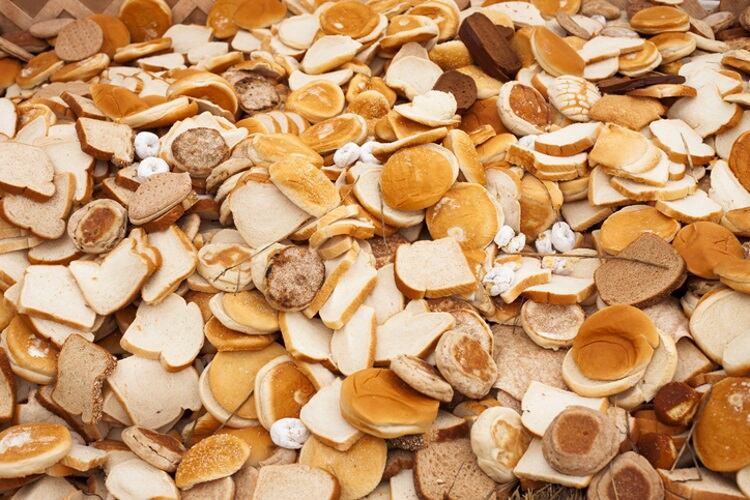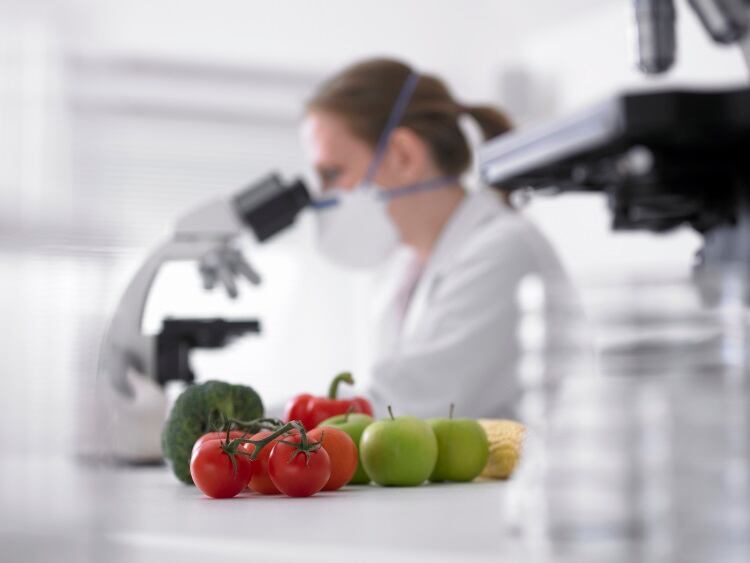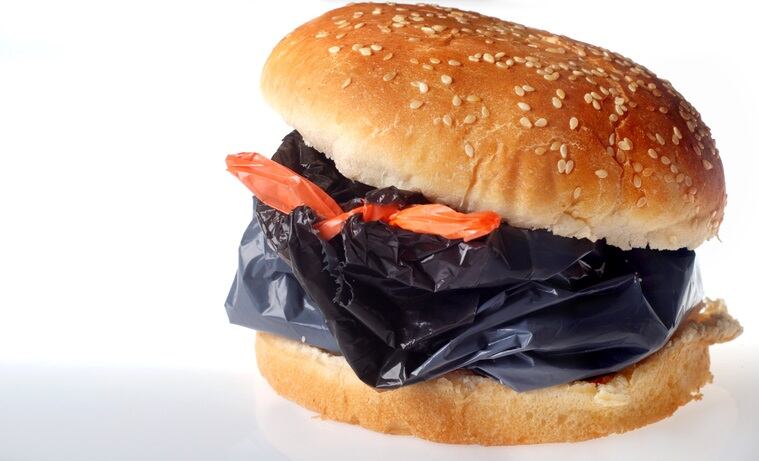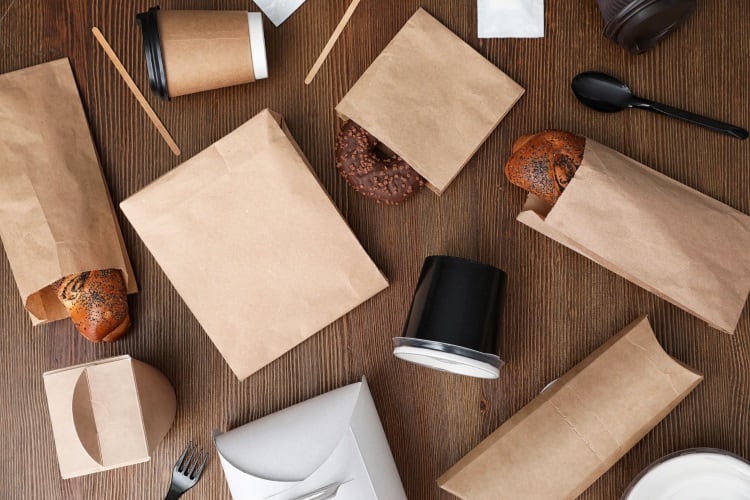Any one of the proposed solutions are huge, and more than timely. Globally, the world’s biggest staple continually wins the dubious position as the most wasted food, punching in at almost one billion tonnes of bread annually (that’s more than 1 million large loaves per day), yet more than 828 million people experienced extreme hunger in 2022.

The Food Waste Reduction Challenge
Agriculture and Agri-Food Canada (AAFC) reports that 50% of all food produced within its boarder is wasted every year, with one in seven Canadians suffering from food insecurity.
As such, the AAFC launched the Challenge in November 2020, as part of the country’s first-ever Food Policy, a roadmap for healthier, more innovative and sustainable food systems.
Canada’s Department of Agriculture and Agri-Food launched the Food Waste Reduction Challenge in November 2020, as part of the country’s first-ever Food Policy, a roadmap for healthier, more innovative and sustainable food systems.
With $20 million in funding, the Challenge aims to deliver high-impact ideas to combat food waste in Canada, enhance food availability, save consumers and businesses money, increase farmers’ revenue and strengthen its food systems, while also reducing greenhouse gas emissions.
The Challenge is divided into four streams within two groups.
- Challenge Stream A: Business models that prevent food waste
- Challenge Stream B: Business models that divert food waste, food by-products and/or surplus food
- Challenge Stream C: Technologies that Extend the Life of Food
- Challenge Stream D: Technologies that Transform Food Waste
C and D – the Novel Technologies Streams – specifically focus on tech developments to extend the life of perishable food, or transform food waste into new or value-add products.
In total, 238 applications were received from innovators across Canada and around the world. In January 2022, 18 semi-finalists each received $100,000 to build a prototype of their tech to present to an External Review Committee.
The six finalists now each receive up to $450,000 to test their prototype in an operational environment with at least one partner. They are competing to win one of two grand prizes of up to CA$1 million.
“Every year, Canada wastes more than half of its food supply,” said Minister of Agriculture and Agri-Food Marie-Claude Bibeau.
“The six finalists of the Food Waste Reduction Challenge – Novel Technologies Streams – are proposing original solutions to this problem. I wish them good luck as they test their prototypes in an operational environment.”
The ground-breaking ideas

Carbon Lock Technologies, Genecis Bioindustries, Alt Tex and Aruna Revolution Health all bank on re-engineered food waste.
Manitoba’s Carbon Lock has developed a solution that converts waste into a stable form of biocarbon that sequesters atmospheric CO2, prevents future landfill methane emissions and supports sustainable agriculture.
Engineers at Ontario-based Genecis have harnessed the power of a specialised bacteria to transform waste into compostable bioplastics.
Also based in Ontario, Alt Tex has developed a biomaterial fermentation tech that creates biodegradable and carbon neutral textiles from waste, with the aim to replace polyester.
Québec’s Aruna has developed sustainable compostable menstrual pads and tampons from processed agricultural waste (vegetable and fruit fibres).
New Brunswick-based Chinova Bioworks is banking on mushrooms for a clean label solution that improves the shelf life of products – ultimately promoting the reduction of food waste from farm to fork.
“From day one, it’s been our mission to use nature to reduce food waste,” said Natasha Dhayagude, CEO and cofounder of Chinova Bioworks.
“As a start-up and a food preservation disruptor, Chinova’s achieved a lot over the years. To reduce food waste, we will continue to study the inner properties of the white button mushroom to provide innovative and natural solutions, such as Chiber – our clean label and sustainable shelf-life extender – to fight this growing problem.”
Ontario’s Clean Works uses the triple power of hydrogen peroxide, ozone and UV to produce a solution that is able to control mildew and micro-organism growth in pre-harvest (greenhouses, field crops, grapevines) fruit and vegetables.
Quick facts
The Food Waste Reduction Challenge’s Novel Technologies Streams entries were evaluated against established criteria, including potential volume of food waste reduction, level of innovation and scalability as well as environmental, social and economic benefits.
The External Review Committee – composed of experts from a diverse range of backgrounds – plays an important role in reviewing solutions and recommending winners at each stage of the Challenge.
Under the Food Waste Reduction Challenge’s Business Models Streams, 12 finalists were selected in June 2022. Each finalist received up to $400,000 and moved on to compete in the final stage of the Challenge to win one of two grand prizes of up to $1.5 million.





